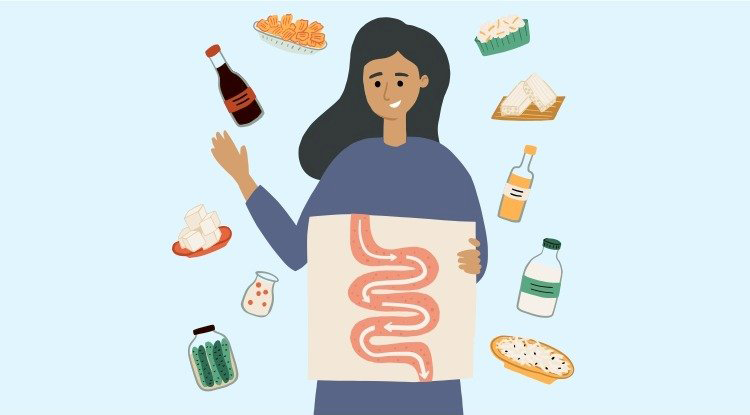Why is junk food irresistible?
Even though some of us may have learnt how to cook stuff like french fries, noodles, and momos at home, we actually miss that golgappa from the street and the cola from the stand. Have you ever wondered why we LOVE junk food so much? Let’s read the science behind it!

Why is junk food so addictive?
- One aspect that makes junk food so tasty is the sensation of eating it. It is the taste, the smell and the feel of the foods also known as ‘orosensation’ that makes it so appetising. Junk food is designed by scientists (mostly employed by food companies) that spend hours to find that perfect crunch of the potato chips, the right amount of sweet and fizz in your soda and just enough cheese on your pizzas to make you go mmm!
- Most junk food has a high amount of salt, sugar and trans and saturated fats that foods cause the release of neurotransmitters called dopamine and oxytocin from our brains. These neurotransmitters then transmit the feeling of relaxation, joy and pleasure, that makes us want to come back for more. Even though they have zilch nutritional value!
- The presentation of the food also matters! Have you noticed how red the sauce/ketchup is, and how vibrant the vegetables look? Companies achieve this by adding artificial colours to the food. They do this because our brains associate bright foods with them being healthier. What would you like — a nice big bright orange or a small dull one with spots on it?
- Junk foods are also made to trick your brain into thinking that you are getting just enough energy or calories from the food but not enough to make you feel full and satisfied. This causes cravings and before you know it, you’ve eaten the entire packet of wafers!
- When you eat junk food, your brain registers how you feel while eating it and then the next time you even see or smell that good, that memory causes you to want to eat that food again and you also salivate. This causes you to want to eat junk food over and over again.
- Last but not the least is the texture of the food. Junk food is often a mixture of tantalizing combinations such as the crispy patties of burgers with soft buns and spicy sauces. This causes your brain to be stimulated and not get bored of the food.
But what’s the harm?
So we get it. It’s addictive. But still, what’s the harm in indulging your mind as well as your body? Well, that’s the point! Junk food is only meant to fool your brain and all it does to your body is harm. Here’s how:
- Research shows that junk food makes us impulsive! It means that being on a diet of sugary and salty foods for a long time makes people give in to temptations easily and it makes it tough for adolescents to follow rules.
- Excess junk food consumption also causes inflammation in the part of the brain called the hippocampus. Individuals with a damaged hippocampus report higher levels of hunger, which causes them to consume even more junk food!
- Junk food is also known to shrink our brain’s learning capacity. Neurons help our brain remember and create memories and junk food reduces the neurons’ ability to form connections. It also reduces the formation of new neurons in the hippocampus, which could potentially lead to mental health illnesses.
- Excessive junk food can make us unhealthy and obese, leading to digestive tract problems, and the possibility of getting various cardiovascular diseases, diabetes and other health problems as we grow up.
What can you do to eat less junk food?
It is important to realise that healthy, home-cooked food is delicious too! Consuming healthy foods will help you feel fuller and you will not feel the need to eat junk food! Eating less junk food also causes you to crave it less, making it easier for you to eat healthier food.
Making different combinations of food such as crunchy cucumbers with creamy homemade sauces and dips can help you fulfil your cravings for something exciting and varied. Fruit chats, roasted namkeens and homemade versions of your favourite junk food with healthier ingredients should satisfy your junk food needs!

Do you have any questions for Science Lab? Post them in the comments box below. We will respond to them in our upcoming articles. Please don’t put any personal information.
Listen to this podcast –
This article was first published on Aug 9, 2022 .


